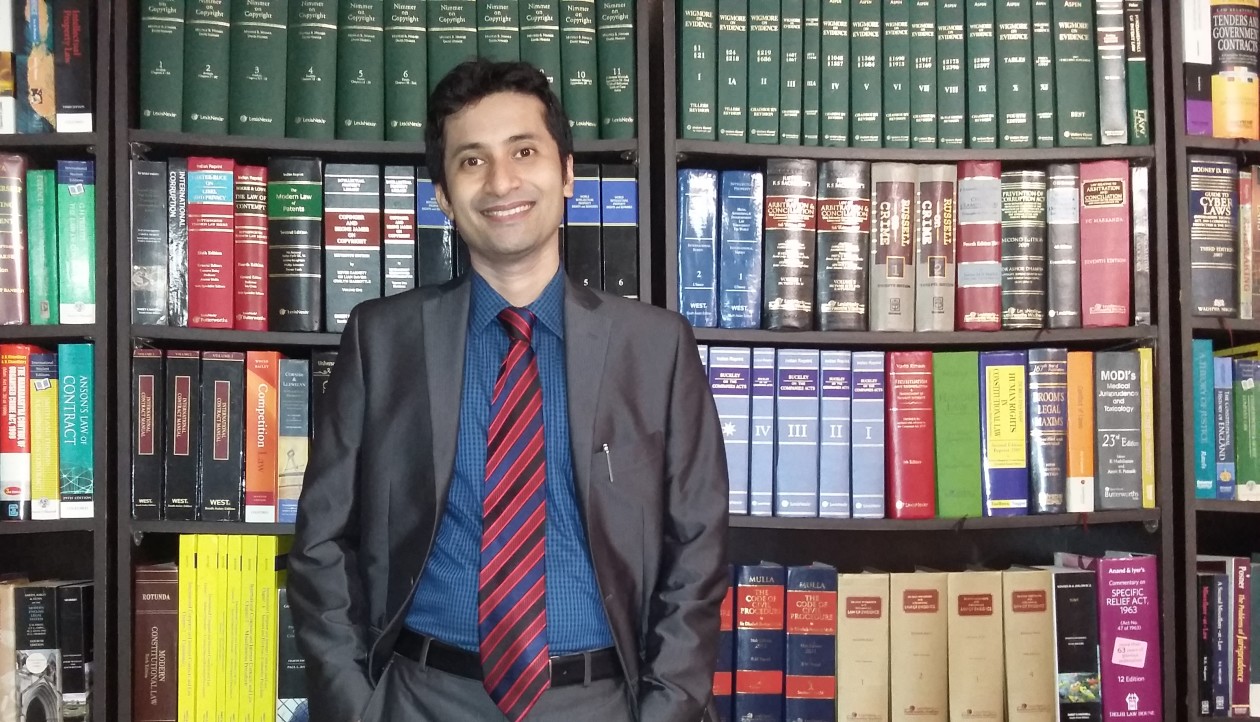The anti-austerity leader is a strong opponent of military interventions. He has clearly indicated that bombing Syria may not defeat ISIL but would rather involve heavy casualties and has even warned Cameron that any attempt to launch air strikes will be blocked by him. Corbyn is a strong proponent of political and diplomatic solutions, instead of armed conflict. His staunch opposition to renewal of the Trident Nuclear Programme and his ambivalence on continuing membership of NATO has recently raised many eyebrows. But he continues to be defiant and it can only be expected that he may take a more nuanced position in near future. He considers NATO as a cold war vestige which should have been disbanded alongwith the ‘Warsaw Pact’ in 1990. Corbyn views EU and NATO as tools of US policy in Europe. As the US remains overwhelmingly the military superpower, it seized opportunities in 1990 and in 2001 to increase its military spending and develop a global reach of bases unmatched since the Second World War. Also the expansion of NATO into Poland and the Czech Republic has increased tensions with Russia and the West’s intentions in Ukraine are unclear. Corbyn argues that the obsession with cold war politics that exercises the NATO and EU leaderships is fuelling the crisis and underlines the case for a whole new approach to foreign policy. He warns that the long-term effect of the aggressive US foreign policy, backed by the EU and the British government, can lead to further conflagrations and an ever-growing and more fearless Russia-China bloc will increasingly rival NATO and the EU, leading to a more turbulent future.
On the issue of continuing membership of the EU he has made it clear that worker rights cannot be overlooked as part of David Cameron’s renegotiation strategy. Now he has stated that Labour would make the case for continued British membership of the EU whatever may be outcome of the renegotiation. Labour will now make the case that the membership would help Britain to create jobs, secure growth, encourage investment and effectively tackle the refugee crisis. He has further warned that if the employment protections are diminished then instead of leaving the EU, Labour on coming to power in 2020 will reverse and restore those protections. Protection of the NHS from EU competition law, reform of the state aid rule, reform of the EU budget and increased flexibility on transitional controls will be in the Labour’s agenda.
National Health Service should continue to be completely publicly run and publicly accountable. There cannot be any trace of privatization. A National Education Service, like the NHS, will be the Labour’s flagship education policy. A free University education, funded through a higher rate of national insurance on the highest earners is now being envisaged. He even wants to offer an apology to the students who had to pay fees because of the previous Labour governments decisions. Hard-hitting on the bailout plans, he has lamented that instead of the bailout money reaching the desired public, it has gone to various banks all across Europe leading to continuing destruction of the economy of many troubled countries. A strong proponent of renationalising the railways, he argues that it will allow the public to get the benefit of the investment in infrastructure that is currently underway. Also rent controls will be reintroduced so that an average citizen need not face extreme difficulties because of the mindless surging property prices.
He is a supporter of a United Ireland, even controversially inviting Sinn Féin Party President to London in 1984. Being sympathetic to IRA campaign, his party’s early stand of support for United Ireland was changed by Blair to one of neutrality. The tussle between Irish Nationalists and Unionists is surely going to escalate.
